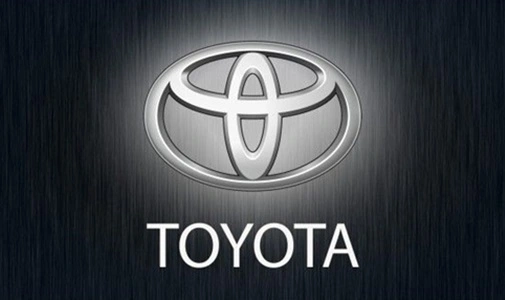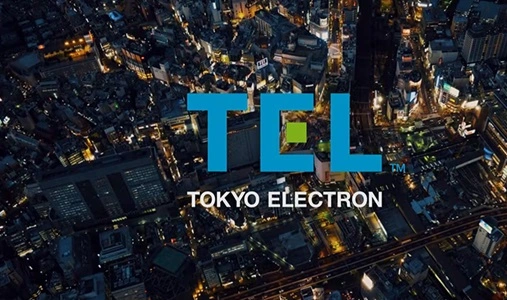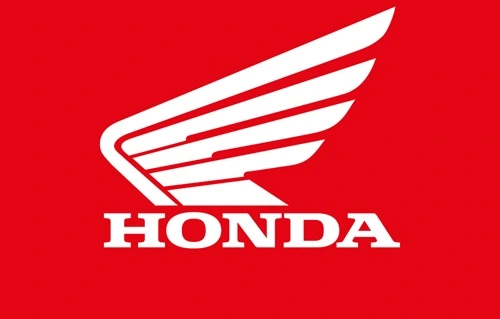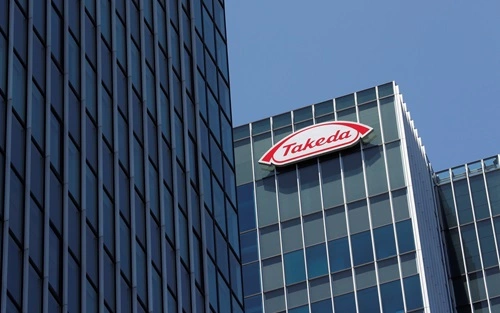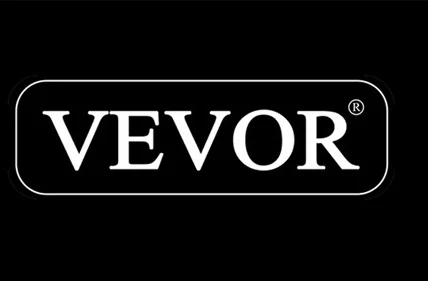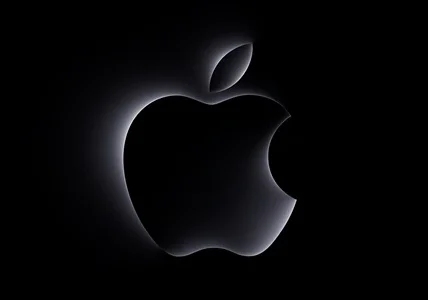The changing world business environment in 2024 will continue, with leading companies taking the lead to be the driving factor in this transformation and shaping of the future. Among them, the special place belongs to Japanese companies, because of their attitude to quality, innovation, and advanced attitude. This year has marked the year when different kinds of Japanese companies, from automotive large to tech innovators, financial behemoths, and fashion trendsetters, among many others, have seen remarkable strides each. In this very introduction, we are about to tread along with stories of “Top 10 Leading Japanese Companies in the World 2024.” These companies rule not only in the Japanese market but have made an indelible impact on the global arena to exhibit the Japanese industry’s strength and resilience. So, let’s talk more about it.
1. Toyota, (Founded in 1937)
Even with CEO Akio Toyoda, Toyota remains the world’s most valuable carmaker, with a market capitalization of $332 billion. From Toyota City in Japan, the firm leads in the development of some key technological strides within the automotive industry, One of the distinguished achievements is the unveiling of Prius, the world’s first mass-produced hybrid vehicle, manifesting Toyota’s deep concern toward sustainability and innovation. This special focus on the development of an eco-friendly and technologically advanced line of automobiles has been one of the main strategies that Toyota has adopted in the world automotive market.
2. Mitsubishi UFJ Financial Group, (Founded in 2005)
With a market capitalization of $120.79 billion, Mitsubishi UFJ Financial Group is a titan in the financial industry. Under the strong leadership of Hironori Kamezawa, and based in Tokyo, Japan, MUFG boasts an impressive record across banking, trust banking, securities, and a broad spectrum of group-wide expertise. This vast array of services, supported by a robust network, cements MUFG’s foundational role in global finance.
- Also See: Popular Bicycle Brands In The World
3. Keyence, (Founded in 1974)
Keyence is a name unfamiliar to many people, but in the world of industrial automation and sensing, it’s a behemoth, with the firm run by CEO Tamotsu Nakata. Keyence Corporation, based in Osaka, Japan, with a market capitalization of $114.14 billion, develops, manufactures, and sells factory automation sensors, vision systems, barcode readers, and laser markers. The company’s products are used in the manufacturing and research of the automotive, pharmaceutical, and electronics industries, among others. Quality and innovation have remained some of the guiding tenets of the firm, whereby Keyence remains at the echelon in offering top solutions that boost both productivity and efficiency.
4. Tokyo Electron, (Founded in 1963)
Tokyo Electron, under the leadership of CEO Toshiki Kawai, stands as a testament to Japan’s pivotal role in the semiconductor industry. The company, with a market capitalization of $113.99 billion, is headquartered in Tokyo, Japan. Tokyo Electron manufactures and sells semiconductor production equipment (SPE) and flat panel display (FPD) production equipment. As the semiconductor industry faces growing demand amidst technological advancements, Tokyo Electron’s contributions are critical. The company’s dedication to research and development ensures its equipment remains at the cutting edge, supporting the production of increasingly sophisticated semiconductor devices.
5. Sony, (Founded in 1946)
Sony—headed by Kenichiro Yoshida—is a global behemoth valued at $110.66 billion by market capitalization, situated in Tokyo, Japan, Sony has revolutionized the industry with iconic products such as the Walkman and PlayStation. It perfectly blends technology with entertainment, asserting its dominance in music, films, and gaming, with a vast portfolio and global reach, Sony stands as a monumental entity, symbolizing both cultural and technological excellence. It exemplifies the capacity to remain at the forefront of innovation in a dynamically evolving digital world.
6. Nippon Telegraph and Telephone (NTT), (Founded in 1952)
Nippon Telegraph and Telephone (NTT), led by CEO Jun Sawada, is Japan’s largest telecommunications company, boasting a market capitalization of $102.69 billion. This Tokyo-based telecommunications giant offers a wide array of services, from mobile networks to internet services. NTT’s unwavering commitment to research and development in communication technologies showcases its global leadership and underscores its dedication to advancing the telecom sector, thereby enhancing global connectivity.
7. Fast Retailing, (Founded in 1963)
Fast Retailing, spearheaded by CEO Tadashi Yanai, is the driving force behind Uniqlo, a brand that has significantly redefined casual wear globally. With a market capitalization of $92.29 billion and headquartered in Tokyo, Japan, Uniqlo has captivated a global audience through its emphasis on simplicity, quality, and durability. In addition to its flagship brand, Fast Retailing owns several other fashion brands, securing its position among the world’s largest apparel retailers. The company’s global expansion strategy, coupled with a relentless focus on fabric technology innovation and enhancing the retail experience, continues to propel its success.
8. SoftBank, (Founded in 1981)
Led by Masayoshi Son, SoftBank is a market leader with a staggering market value in the tech investment space, standing at $85.36 billion. The Vision Fund, based out of Tokyo, Japan, has gained a global reputation from strategic investments in AI, robotics, and clean energy, this approach not only magnifies SoftBank’s role in technological change but also highlights its influence in shaping future innovation. SoftBank’s strategic foresight in identifying and investing in advanced technologies has positioned it as a pivotal figure in the technology sector worldwide.
9. Honda, (Founded in 1946)
Honda, under the leadership of CEO Toshihiro Mibe, boasts a significant market capitalization of $60.59 billion, with its base in Tokyo, Japan. Known globally for its high-quality cars and motorcycles, Honda is also making strides in the robotics, aerospace, and power equipment industries. Demonstrating a strong commitment to sustainability, Honda has ventured into the electric vehicle (EV) and fuel cell vehicle (FCV) markets as part of its strategy to combat environmental challenges. This blend of a diverse product lineup and a focus on innovation highlights Honda’s adaptability and forward-thinking mindset in an ever-evolving world.
10. Takeda Pharmaceutical, (Founded in 1781)
Mr Christophe Weber stands as a beacon for Takeda Pharmaceutical, with the company boasting a market capitalization of $46.03 billion. Rooted in Tokyo, Japan, and driven by a mission of research and development, Takeda is dedicated to enhancing global health and fostering a brighter future through pioneering medical innovations. The company’s R&D is particularly focused on fields such as oncology, gastroenterology, neuroscience, and rare diseases. Through strategic acquisitions, Takeda has been able to expand its portfolio significantly, thereby strengthening its global presence and augmenting its ability to address a wide array of healthcare needs with innovative solutions.
Conclusion:
In summary of our search in the “Top 10 Leading Japanese Companies in the World 2024,” from these giant companies, it is clear that they are not only leaders in the industry but also pioneers in shaping the future. From groundbreaking technology innovations by Toyota to pioneering first-in-the-world innovative products developed by Takeda Pharmaceutical, both companies virtually epitomize best practices in excellence, innovation, and impact at a global level. The development power of the Japanese industry and diversity is effectively embodied by such organizations, which clearly show that dedication to quality and foresight will lead a firm to the leading edge of the world stage. For some time ahead, the leading companies in the world are going to be determined in character by these Japanese companies under their influence.
Frequently Asked Questions
Q1: What are some of the most well-known Japanese companies globally?
Ans: Some of the most well-known Japanese companies globally include Toyota, Sony, Honda, Panasonic, Nissan, Toshiba, Canon, Hitachi, Mitsubishi, and SoftBank. These companies have made significant contributions to various industries, including automotive, electronics, technology, and finance.
Q2: What industries are Japanese companies most prominent in?
Ans: Japanese companies are most prominent in several industries, including automotive (Toyota, Honda, Nissan), electronics (Sony, Panasonic, Toshiba), technology (Fujitsu, NEC), finance (Mitsubishi UFJ Financial Group, SoftBank), and heavy industry (Mitsubishi Heavy Industries, Hitachi).
Q3: What contributions have Japanese companies made to technological innovation?
Ans: Japanese companies have made numerous contributions to technological innovation, including the development of consumer electronics, robotics, automotive technology, and advancements in semiconductor technology. Companies like Sony, Panasonic, and Toshiba have introduced groundbreaking products that have shaped the modern electronics landscape.
Q4: How do Japanese companies maintain their reputation for quality and reliability?
Ans: Japanese companies maintain their reputation for quality and reliability through a strong focus on continuous improvement, meticulous attention to detail, and a culture of excellence. Practices such as Total Quality Management (TQM) and the Kaizen philosophy of continuous improvement are deeply ingrained in their operations, ensuring high standards in product quality and customer satisfaction.
Q5: Are Japanese companies involved in sustainable and environmentally friendly practices?
Ans: Yes, many Japanese companies are actively involved in sustainable and environmentally friendly practices. For example, Toyota is a leader in hybrid and electric vehicle technology, while companies like Panasonic and Sony are working on energy-efficient products and renewable energy solutions. Japanese companies are committed to reducing their environmental footprint and promoting sustainability through innovation.
Q6: What role do Japanese companies play in the global economy?
Ans: Japanese companies play a crucial role in the global economy by driving innovation, creating jobs, and contributing to international trade. Their products and technologies are widely used around the world, and their investments help fuel economic growth in various regions. Japanese companies’ commitment to quality and reliability also sets high standards in global markets.

Brandon is the cheif editor and writer at WorldUnfolds.com. With a passion for storytelling and a keen editorial eye, he crafts engaging content that captivates and enlightens readers worldwide.

